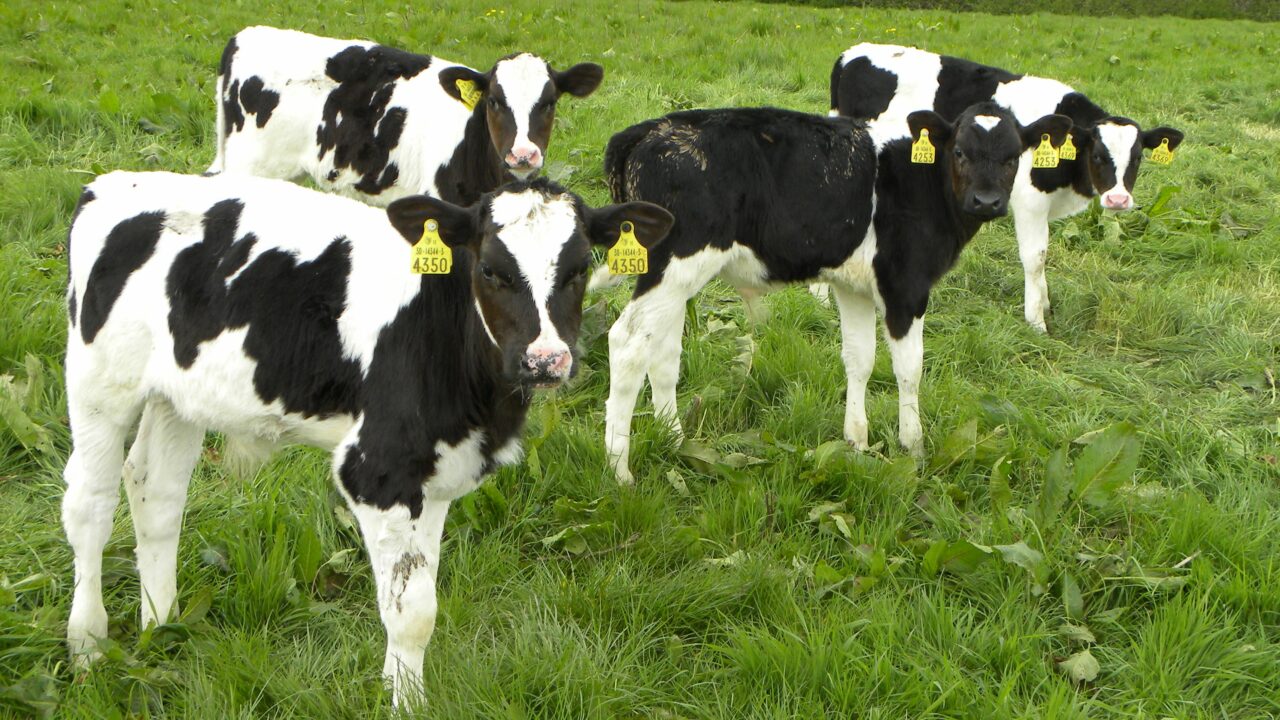Summer scour is something that many farmers have seen in their calves in recent years, with its exact cause still unknown.
Although the exact cause has never been determined, there are a number of theories around what causes it in calves.
There are two main thought process behind the possible cause of summer scour, the first relates to grass quality and the grass being offered to calves.
The second relates to excessive intake of nitrogen (N), which leads to ammonia toxicity and the resulting scouring and wasting in the calves.
Summer scour
The affected calves don’t respond to conventional treatment for a scour.
Summer scour causes calves to scour profusely, become dehydrated and losing weight rapidly, a few weeks after turnout to grass.
It often results in a calf falling behind its targets, which it may struggle to regain.
There is currently no vaccination or treatment for summer scour, so the best way to deal with it is to try and prevent it.
Grazing
The grazing management on Irish dairy and beef farms has improved immensely over the last number of years, with this improvement in grazing management and sward quality a possible factor behind summer scour in calves.
A calf is still in the development stage and its rumen is not fully developed, which means they are unable to handle high-quality leafy grass.
Although it goes against what many would think, it may be better to offer calves grass with more fibre. Calves fed on coarser, more fibrous grass rarely suffer from the condition.
Rumen
A practical way of preventing summer scour is by offering calves fibre while at grass in the form of hay or straw.
Keep the hay or straw fresh and continue to offer it to calves for the first number of months they are at grass.
A close eye needs to be kept on the calves so that any possible cases are detected early and treatment can be administered.
